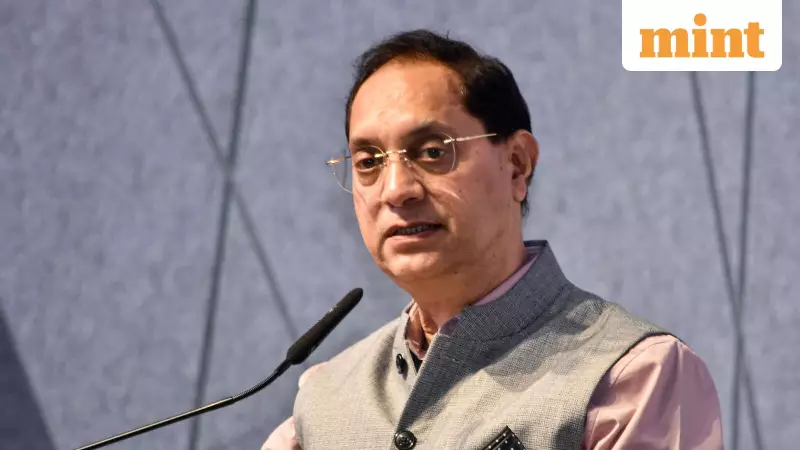
In a significant move that promises to reshape India's capital markets landscape, the Securities and Exchange Board of India (SEBI) has unveiled a comprehensive set of reforms aimed at streamlining IPO processes and enhancing investor protection.
The Three-Pronged Reform Strategy
SEBI Secretary Tuhin Kanta Pandey revealed that the regulatory overhaul focuses on three critical areas that have long needed attention:
- Automated Lock-in Mechanism: Say goodbye to manual intervention delays. The new system will automatically enforce lock-in periods for promoter shares, eliminating bureaucratic bottlenecks and ensuring seamless implementation.
- Enhanced Pledged Share Disclosure: Companies will now face stricter scrutiny regarding pledged shares. Any such shares must be clearly flagged in the Draft Red Herring Prospectus (DRHP), providing greater transparency to potential investors.
- Expedited IPO Timelines: The traditional 7-8 month waiting period for IPO approvals is set to shrink dramatically. SEBI's streamlined processes could cut this timeline by more than half, bringing fresh opportunities to market faster.
Why These Changes Matter for Indian Investors
The implications of these reforms extend far beyond corporate boardrooms. For the average investor, these changes represent a fundamental shift toward greater market efficiency and transparency.
Pledged shares have historically been a red flag for market regulators and investors alike. When promoters pledge their holdings, it often signals financial stress or potential liquidity issues. SEBI's new mandatory disclosure requirements ensure that investors have complete visibility into such arrangements before committing their capital.
The automated lock-in system addresses a crucial aspect of market integrity. By removing human intervention from the enforcement of lock-in periods, SEBI eliminates potential manipulation points and ensures that promoters remain committed to their companies during critical post-IPO phases.
Banking Sector's Evolving Role
Interestingly, these reforms come at a time when banking participation in capital markets is undergoing its own transformation. The streamlined processes are expected to encourage greater institutional involvement, with banks playing a more significant role in market-making activities and supporting new listings.
As Tuhin Kanta Pandey emphasized, these changes aren't merely procedural tweaks but represent a philosophical shift in how SEBI approaches market regulation. The focus has moved from reactive oversight to proactive facilitation while maintaining robust investor protection frameworks.
The Road Ahead for Indian IPOs
With these reforms, India positions itself as a more attractive destination for both domestic and international capital. The reduced approval timelines mean companies can respond more agilely to market conditions, while enhanced disclosure requirements build greater confidence among the investing public.
As the new systems take effect, market participants can expect a more efficient, transparent, and investor-friendly IPO ecosystem that could potentially rival global standards while addressing unique Indian market dynamics.






